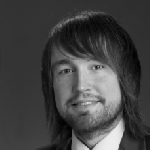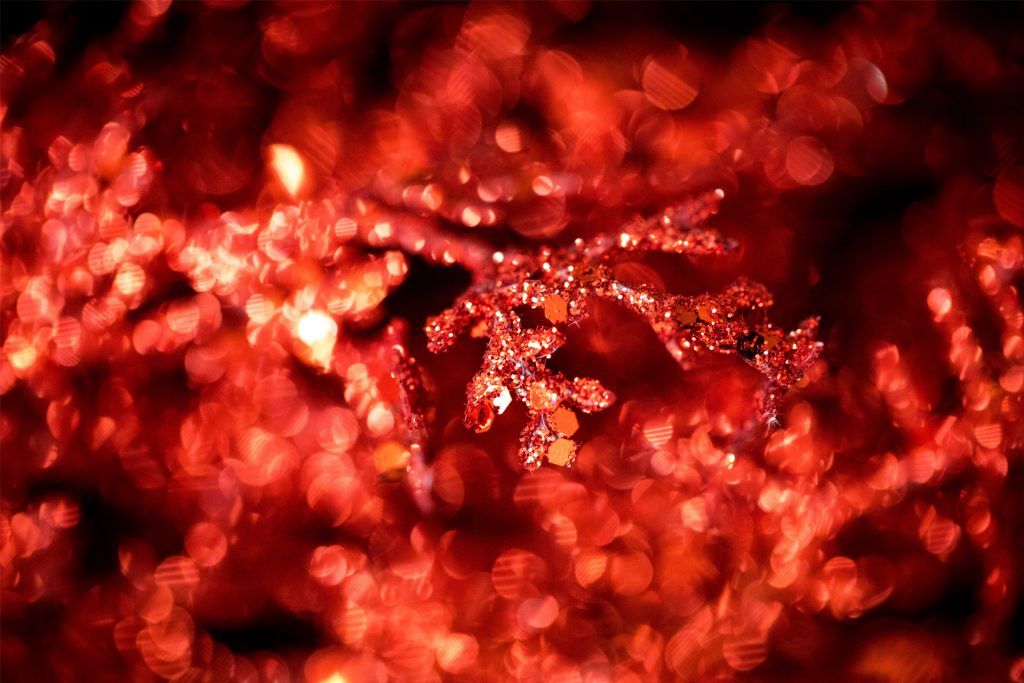We asked our lecturers in the School of Arts for their recommendations on books, podcasts and films to get stuck into over the festive season, and here’s a great list of what they came up with:
 Dr Will Wollen, Senior Lecturer in Drama and Theatre says, “First, I’d recommend Games for Actors and non-Actors by Augusto Boal (Routledge). Boal was a brilliant theatre maker who spent a lot of time developing his ideas while in exile from the military regime in Brazil. As well as great practical games it includes chapters on his revolutionary Forum Theatre techniques where spectators become part of the process, changing theatre into a dynamic democratic way of solving societal problems. Inspiring. It was first published in 1982 but there have been several editions. You can pick up second-hand copies easily for under £10.
Dr Will Wollen, Senior Lecturer in Drama and Theatre says, “First, I’d recommend Games for Actors and non-Actors by Augusto Boal (Routledge). Boal was a brilliant theatre maker who spent a lot of time developing his ideas while in exile from the military regime in Brazil. As well as great practical games it includes chapters on his revolutionary Forum Theatre techniques where spectators become part of the process, changing theatre into a dynamic democratic way of solving societal problems. Inspiring. It was first published in 1982 but there have been several editions. You can pick up second-hand copies easily for under £10.
Second I’d recommend Yoshi Oida’s The Invisible Actor (Methuen 1998), which he wrote with Lorna Marshall. Oida is a Japanese actor who was the first member of Peter Brook’s company in Paris in 1968. This is a wonderful and thought-provoking book about what it is to be an actor and combines ideas from Western and Eastern traditions.
Lastly I’d recommend a great autobiography: Joan’s Book: Joan Littlewood’s Peculiar History as She Tells It (Methuen 2003). Littlewood and her Theatre Workshop company transformed the way we think about theatre and what it can be. It’s a story told with real zest, humour and reminds us that theatre, with its triumph and hardships, warts and all, can be a wonderful life. This is a fascinating first-hand account of an extraordinary period in British theatre, told by by one of its finest characters.”
 Dr Mattias Frey, Head of Film and Media Studies, shares his recommendations: “Prospective screenwriters should check out SCRIPTNOTES, a podcast hosted by John August and Craig Mazin. Episodes cover creative tips and hacks (writing dialogue or crafting visual language), interviews with industry professionals such as Eric Roth (FORREST GUMP) or Lorene Scafaria (HUSTLERS), as well as practical advice on how to pitch treatments and negotiate the industry. Available on Apple iTunes, Google Podcasts and other platforms.
Dr Mattias Frey, Head of Film and Media Studies, shares his recommendations: “Prospective screenwriters should check out SCRIPTNOTES, a podcast hosted by John August and Craig Mazin. Episodes cover creative tips and hacks (writing dialogue or crafting visual language), interviews with industry professionals such as Eric Roth (FORREST GUMP) or Lorene Scafaria (HUSTLERS), as well as practical advice on how to pitch treatments and negotiate the industry. Available on Apple iTunes, Google Podcasts and other platforms.
Interested in the backroom story of how Netflix became the king of video on demand after humble origins as a tech start-up? Gina Keating’s ‘Netflixed: The Epic Battle for Amerca’s Eyeballs’ provides a critical reckoning with the company’s early years. Keating has a background as a trade paper journalist and her narrative is gripping. (She has also recently adapted the book into a documentary, which is currently avaliable on Amazon Prime.)”
 Reader, and Art Historian and Curator, Dr Ben Thomas shares his suggestions: “I’ve been a big fan of Roberto Calasso ever since one of my students introduced me to The Marriage of Cadmus and Harmony, and I once had the pleasure of hearing him speak at the Italian Cultural Institute in London. On that occasion his love of literature (he is the Chair of the Italian publisher Adelphi), his extraordinary learning, and his powers of communication were all evident. During lockdown I had the chance to read his Tiepolo Pink, and it was an enthralling experience, especially for someone who admires that great Venetian painter and has long been intrigued by Tiepolo’s curious and beautiful etchings. Calasso interprets these as esoteric explorations, and his poetic prose convinces…
Reader, and Art Historian and Curator, Dr Ben Thomas shares his suggestions: “I’ve been a big fan of Roberto Calasso ever since one of my students introduced me to The Marriage of Cadmus and Harmony, and I once had the pleasure of hearing him speak at the Italian Cultural Institute in London. On that occasion his love of literature (he is the Chair of the Italian publisher Adelphi), his extraordinary learning, and his powers of communication were all evident. During lockdown I had the chance to read his Tiepolo Pink, and it was an enthralling experience, especially for someone who admires that great Venetian painter and has long been intrigued by Tiepolo’s curious and beautiful etchings. Calasso interprets these as esoteric explorations, and his poetic prose convinces…
I’ve also enjoyed reading Robert Macfarlane’s The Old Ways: A Journey on Foot, another book worth picking up purely for the quality of the prose (I wish I could write this well!). A series of lovingly chronicled walks take Macfarlane along numerous historical and cultural trajectories, circling around his fascination with the poet Edward Thomas and his relationship with the English landscape. I particularly enjoyed the encounter with the artist Steve Dilworth in the Highlands of Scotland. Reading this you will also learn a great deal about trees and rocks!
For those who want to keep up with all of the latest news from the Art World I can recommend Bendor Grosvenor’s extremely well-informed blog Art History News.”
 Senior Lecturer, Dr Jonathan Friday, shares his recommendations: “An ideal bit of holiday reading about photography is Roland Barthes’ classic study of the medium, Camera Lucida. Its a short book that, unlike most works of photographic “theory”, has a distinctly poetic quality that seems so appropriate since you will be hard pressed to find a theory in it. Its lovely to read, with interesting and quite challenging ideas on nearly every page. It will certainly get you thinking about that most powerful of media – that’s one of his ideas by the way, that photography has an extraordinary power over us.
Senior Lecturer, Dr Jonathan Friday, shares his recommendations: “An ideal bit of holiday reading about photography is Roland Barthes’ classic study of the medium, Camera Lucida. Its a short book that, unlike most works of photographic “theory”, has a distinctly poetic quality that seems so appropriate since you will be hard pressed to find a theory in it. Its lovely to read, with interesting and quite challenging ideas on nearly every page. It will certainly get you thinking about that most powerful of media – that’s one of his ideas by the way, that photography has an extraordinary power over us.
A wonderful companion piece to this work of Barthes’ is Susan Sontag’s equally short, accessible and interesting study of the photographic medium entitled On Photography. Barthes and Sontag take a related approach to thinking about photography that you are likely to find really thought provoking. A very different and more historical companion piece to these two is Michael Pritchard’s A History of Photography in 50 Cameras which provides a fascinating insight into the way the developing technologies of photography influenced the history of photography and what kind kind of photographs could be made. Alternatively, have a look at Graham Clarke’s The Photograph: A Visual and Cultural History. Its still one of the best short general histories of photography and is, as they say, richly and wonderfully illustrated.”
Dr Catherine Hahn, Lecturer in History of Art, says, “I would recommend Black Lives 1900: W.E.B. Du Bois at the Paris Exposition (2019). The book offers a great introduction to Du Bois who as a polymath and Pan Africanist helped galvanise African American art expression in the early twentieth century. Filled with extraordinary hand-coloured infographics and photographs Black Lives brings Du Bois’ seminal 1900 exhibition to life.
Lynette Yiadom-Boakye’s paintings of imagined people are on show at Tate Britain in Fly in League with the Night until April 2021. A wonderful artist talk between Yiadom-Boakye and the curator-writer-artist Glenn Ligon in 2016 gives access to her elusive characters by unpacking the way she works.
Wu Hung is a path-breaking figure in the writing of Chinese art history. His short essay ‘Ruins, Fragmentation, and the Chinese Modern/Postmodern’ (1998) is a compelling reflection on ruins in Chinese art culture and work that has grown out of the transitory urban landscape.

